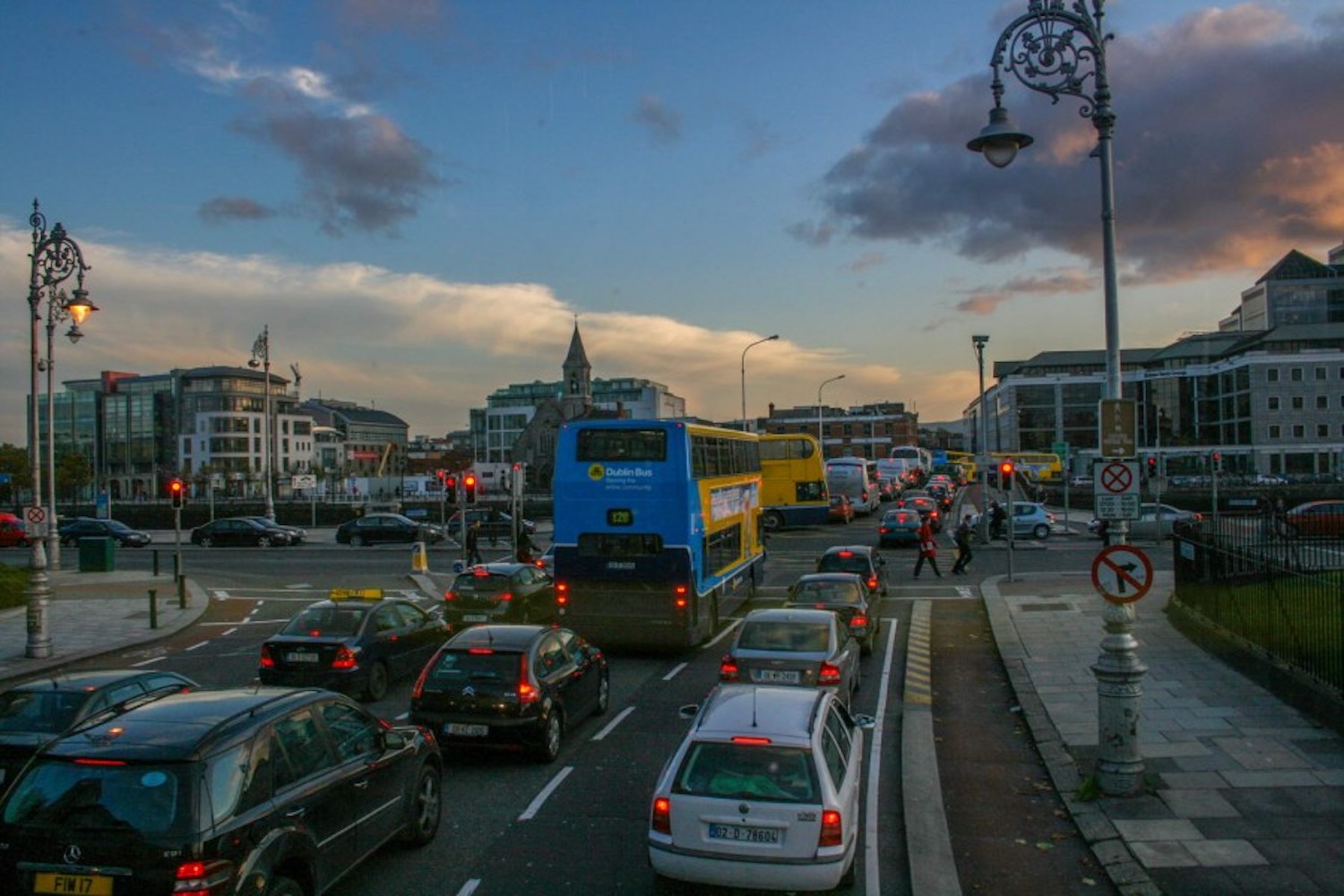A group representing Irish car dealers, calling itself the Irish Car Carbon Reduction Alliance (ICCRA), has said that the Government's plans to ban the sales of internal combustion engines by 2030 is scientifically flawed.
The group, which says that it represents the majority of car dealers in Ireland, is calling for a review of the Government's Climate Action Plan (CAP), and that more realistic and pragmatic approaches should be drawn up.
Only two ways to reduce transport emissions
"There are only two ways to reduce emissions from transport in Ireland - reduce the number of journeys by car and/or drive more fuel-efficient cars," says Denis Murphy, ICCRA spokesperson. "There is a sense of déjà vu about the targets. In 2008, the then Government set a target of having 250,000 electric cars on the road by 2020. Currently, there are 8,124. It's very easy to set targets but very difficult to achieve them without a clearly defined strategy. We wish to support the Government's targets in the development of such a strategy, one that is scientific, data-driven and pragmatic so that real and lasting reductions can be made.
"We recognise urgent action is required across all sectors of the Irish economy, including the motor sector, so that everyone plays their part in protecting our planet. Ireland's car ownership per head of population is one of the lowest in Europe. Yet, we have one of the highest carbon emissions per car in Europe due to our rural transport infrastructure, which is responsible for an average annual mileage that is 1.5 times the EU average. Reducing emissions to CAP targets would require a sweeping reduction in the number of car journeys made, especially in rural Ireland, where, understandably, motorists drive more than their urban counterparts. But the public transport infrastructure isn't there to support such drastic changes. While better public transport may happen over time and would be very welcome, it will be far too late to meet the current emission targets."
Wholesale VRT reform
The ICCRA claims that the best way to achieve carbon emission reductions is not to incentivise electric cars while demonising petrol and diesel cars, but to have a wholesale reform of the Vehicle Registration Tax (VRT) system that incentivises buyers to go for the most efficient vehicle possible.
The ICCRA claims that research shows that over half the population (53 per cent) are confused about the various car options on the market and their impact on the environment. According to Mr Murphy, the continuing decline in new car registrations, which was detected before the Coronavirus pandemic reached Ireland, is a direct result of this confusion, as motorists are sticking with their current older car, which has higher carbon emissions, instead of switching to a newer model.
"The Climate Action Plan is feeding this confusion," said Mr Murphy. "It proposes a ban on the sale of fossil-fuelled cars from 2030 and motorists, understandably, are concerned about the potential resale value of their car. The ban is premature. The truth is that driving a newer car is a more meaningful way to reduce car emissions, by removing the older car stock that have significantly higher emissions. Current technological innovations could bring ICE engine cars close to zero emissions by 2030, allowing consumers a more realistic timeframe and cost basis to transfer over to EVs while also achieving climate emission targets."
Manufacturer supply tuned to EU demand, not Ireland
"The CAP's ambitious targets are based on 840,000 EVs being on Irish roads by 2030, just ten years away. Currently, there are 8,124 BEVS, about one per cent of the target. The supply and pricing of BEVs and PHEVs in the Irish market are critical to consumer take-up even to reach 50 per cent of the CAPs targets, yet there is no reference in the report to this. EU policy states that cars must achieve a 30 per cent reduction emission levels by 2030, based on 2005 levels. This is significant because car manufacturers in Europe are working to achieve the EU target, not those set out in the CAP and this will directly impact the supply of sufficient EVs for the Irish market. Furthermore, there is the cost. The average cost of an EV is over €45,852 before subsidies whereas the average price of a new petrol car bought in Ireland in 2019 was €23,523 and a diesel car was €37,421. This significant price gap is not included in the Total Cost of Ownership calculations in the CAP, which is a serious omission as it detrimentally affects purchasing decisions.
"We support the Government's commitment to address climate change. The EU in its directive state that 'a socially acceptable and just transition towards zero emission mobility should be ensured'. Targets can be ambitious but they have to be realistic to be achievable, and the current CAP targets fall well short. They must also be supported by a comprehensive strategy. The new Government must be mindful of this when developing any future plans or legislation if we are to succeed as a country in significantly reducing our transport emissions," said Mr Murphy.

